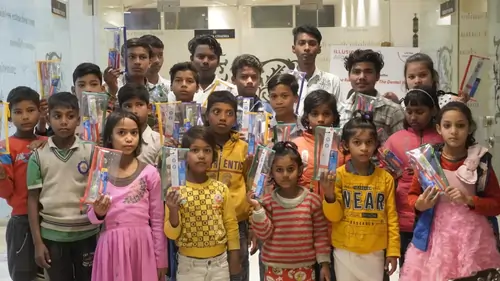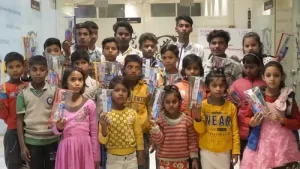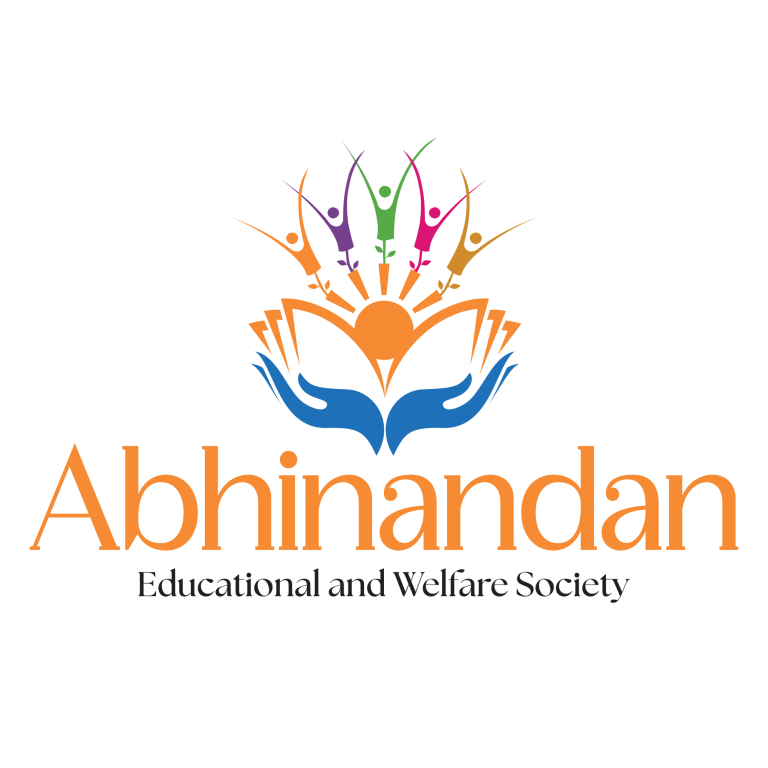The Impact of NGOs on Children’s Day Celebrations

The Impact of NGOs on Children’s Day Celebrations

Children’s Day Celebrations is a special occasion to celebrate the joy and innocence of childhood, as well as to raise awareness about the rights, education, and welfare of children. It is celebrated on 14 November every year in India, on the birthday of the first Prime Minister of India, Pandit Jawaharlal Nehru, who was fondly called Chacha Nehru (Uncle Nehru) by children.
Children are the future of any nation, and they deserve to have a happy, healthy, and fulfilling life. However, many children in India face various challenges and difficulties, such as poverty, malnutrition, illiteracy, child labor, abuse, exploitation, and discrimination. According to the 2011 census, there are about 444 million children in India, of which 29% are below the poverty line, 36% are illiterate, 12% are engaged in child labor, and 40% are victims of crimes.
To address these issues and to protect and promote the rights and interests of children, many non-governmental organizations (NGOs) have been working tirelessly in different fields and sectors. NGOs are voluntary associations of people who work independently of the government and aim to bring about social change and development through various activities and programs. NGOs play a vital role in providing education, healthcare, nutrition, shelter, protection, empowerment, and advocacy for children in need.
On Children’s Day, many NGOs organize various events and activities to celebrate the spirit of childhood and to spread awareness about the importance of child rights and welfare. Some of the common activities include:
Cultural programs:
NGOs arrange cultural programs such as dance, music, drama, art, and craft for children to showcase their talents and creativity. These programs also provide an opportunity for children to learn about different cultures and traditions and to interact with other children from different backgrounds and communities.
Sports and games:
NGOs conduct sports and games competitions for children to encourage them to participate in physical activities and to develop their skills and confidence. These competitions also foster a sense of teamwork, cooperation, and sportsmanship among children.
Workshops and seminars:
NGOs organize workshops and seminars for children to educate them about various topics such as child rights, health and hygiene, the environment, career guidance, life skills, etc. These workshops and seminars also help children to develop their knowledge, awareness, critical thinking, communication, and problem-solving skills.
Fun fairs and carnivals:
NGOs set up fun fairs and carnivals for children to enjoy various rides, games, stalls, food items, etc. These fun fairs and carnivals also provide a platform for children to express their opinions and views on various issues affecting them and their society.
Awards and recognition:
NGOs give awards and recognition to children who have achieved excellence in academics, sports, arts, or social service. These awards and recognition also motivate and inspire other children to follow their dreams and aspirations.
By organizing these activities on Children’s Day, NGOs not only make the day memorable and enjoyable for children but also create a positive impact on their lives. Some of the benefits of these activities are:
- They enhance the self-esteem, confidence, and happiness of children.
- They provide an opportunity for children to learn new things and to explore their potential.
- They foster a sense of belongingness, friendship, and solidarity among children.
- They raise awareness about the rights and responsibilities of children.
- They empower children to become active citizens and agents of change.
One such NGO that is making a difference in the lives of children is My Abhinandan, a skill development NGO in India that aims to elevate lives through skill development. My Abhinandan works with underprivileged youth and women to provide them with vocational training courses such as tailoring, beauty parlor management, computer literacy, spoken English, etc. These courses help them to acquire employable skills and to become self-reliant and independent.
My Abhinandan also works with school-going children to provide them with supplementary education and life skills training such as personality development, leadership, communication, etc. These training sessions help them to improve their academic performance and to develop their confidence and character.
My Abhinadan Organizing Children’s Day Celebration
On Children’s Day, My Abhinandan celebrates the achievements and aspirations of its beneficiaries by organizing various events and activities such as cultural programs, sports competitions, workshops, fun fairs, etc. These events and activities not only make the day special and fun-filled for the children but also inspire them to pursue their goals and dreams.
If you want to join hands with My Abhinandan and contribute to its noble cause, you can do so in various ways:
- You can donate money or materials to support its projects and programs.
- You can volunteer your time or skills to assist its staff and trainers.
- You can sponsor a child or a course to enable a beneficiary to complete his or her education or training.
- You can spread the word about its work and impact to your friends, family, and network.
- By helping My Abhinandan, you can make a positive difference in the lives of many children and youth who deserve a better future.
Children’s Day is a day to celebrate the joy and innocence of childhood, as well as to acknowledge the role and responsibility of adults in ensuring the well-being and development of children. NGOs play a crucial role in this regard, by working for the rights and interests of children in various fields and sectors. By supporting and collaborating with NGOs, we can make Children’s Day a meaningful and impactful occasion for all children.

We’re a group off volunteers and starting a new scheme in our
community. Your web site offered us with valuable info to work on. You’ve
done an impressive job and our entire community ill be grateful to
you. http://Boyarka-Inform.com/